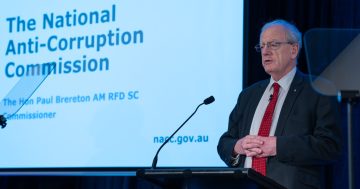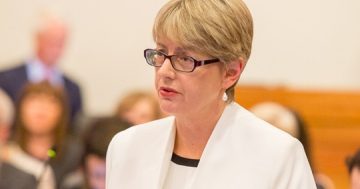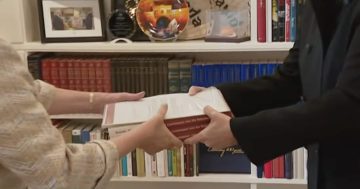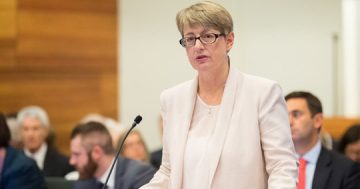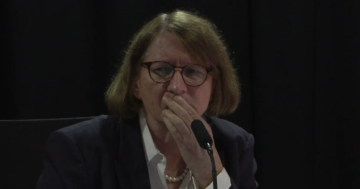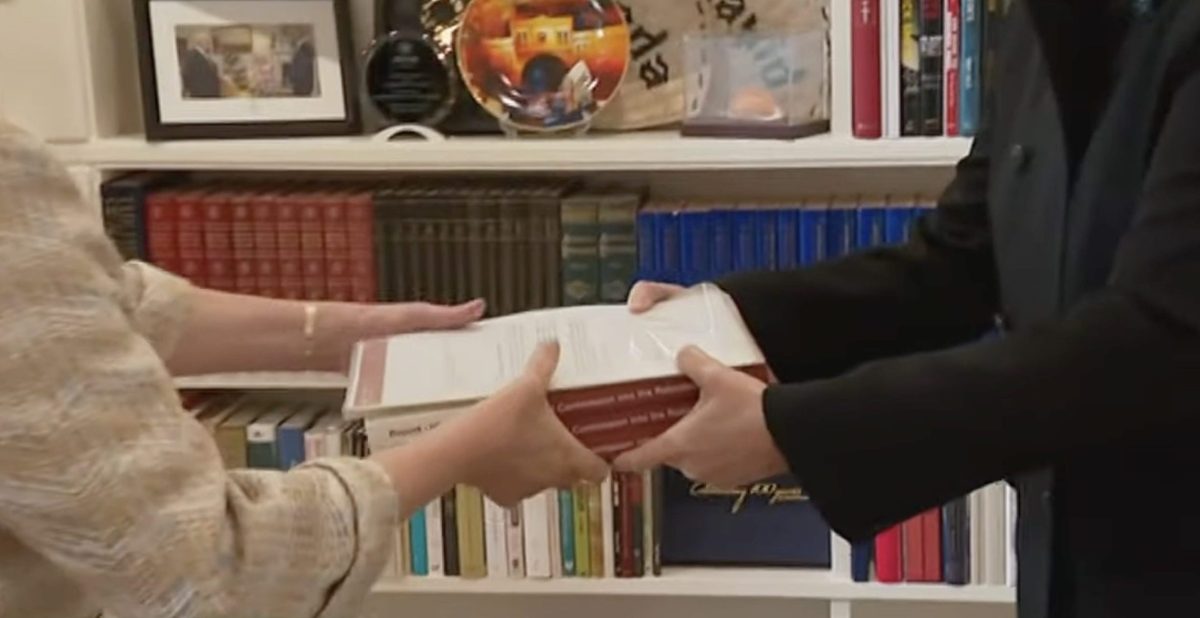
The sealed section of the Royal Commission into the Robodebt Scheme’s report could soon be publicly released.
The sealed section of the report of the Royal Commission into the Robodebt Scheme looks set to soon be made public.
Cabinet Minister Murray Watt and officials from the Attorney-General’s Department confirmed under questioning in Senate Estimates on Tuesday (5 November) that the Federal Government is considering releasing the sealed section of the report.
While little detail was given with regards to when that might take place, Region understands its release is imminent.
When delivering her report in July last year, Royal Commissioner Catherine Holmes wrote a cover letter to the Governor-General explaining the report contained a sealed chapter recommending the referral of individuals for civil and criminal prosecution.
The individuals were involved in the rollout of the illegal Robodebt scheme.
However, Commissioner Holmes said the chapter should “remain sealed and not be tabled with the rest of the report so as not to prejudice the conduct of any future civil action or criminal prosecution”.
That part of that report referred people to the Australian Federal Police, to the Australian Public Service Commission, to the National Anti-Corruption Commission, and to the ACT Law Society.
At the time, Prime Minister Anthony Albanese said he expected the sealed section would be made public eventually and that the government would be taking legal advice on the matter.
Government Services Minister Bill Shorten also said the chapter wasn’t meant to remain sealed indefinitely, and he has subsequently stated he wants it tabled.
Mr Shorten has been arguing inside Cabinet for the sealed section of the report to be released publicly.
In August this year, he lamented to the National Press Club that he was not happy with the progress being made to have the section tabled.
“I haven’t won that argument yet,” he said.
“I’m an optimist, but listen, I think the Royal Commissioner did a great job. She sealed it.
“I don’t have that power [to unseal it]. So anyway, I’ll just try and use whatever powers of persuasion.”
Region understands that those named in the sealed section of the report have been contacted in recent weeks by the Attorney-General’s Department and told their names will soon be made public in connection to the Royal Commission’s sealed section.
“It’s going to drop any day now,” one government source said.
“There’s just a few dots and tees to take care of, and that’s just about done.”
With confirmation in Estimates that the release of the last section of the report is being considered, it can be expected that it will happen quickly.
So far, investigations into the scheme as a result of the Royal Commissioner’s referrals have resulted in few penalties for the people concerned.
The National Anti-Corruption Commission decided in June not to pursue any of the six people referred to it, but that decision became immediately controversial and caused the independent Inspector of the NACC, Gail Furness, to take over.
She found Commissioner Paul Brereton had acted inappropriately in the Commission’s decision not to investigate anyone.
Ms Furness said the Commissioner had failed to act properly after declaring a conflict of interest in relation to one of the referred persons he apparently knows well.
“I concluded that the NACC Commissioner engaged in officer misconduct as defined in section 184(3) of the National Anti-Corruption Commission Act 2022 (Cth NACC Act), being conduct that is not unlawful but arose from a mistake of law or fact,” Ms Furness said in her report last month.
The NACC is now revisiting its decision and is likely to reopen investigations against the six.
Australian Federal Police have investigated allegations a witness provided false testimony to the Royal Commission into the Robodebt Scheme but concluded in July that there was not enough evidence to charge anyone.
The Australian Public Service Commission’s inquiry – which included names in addition to those referred by the Royal Commission — found former department secretaries Kathryn Campbell and Renée Leon to have both breached the public service code of conduct in their handling of Robodebt.
Releasing its findings in September, the APSC said the two failed in their obligations a total of 25 times during their tenures at the Department of Human Services.
The roles of 16 current and former Australian Public Servants in the rollout of the debt recovery scheme were examined in the APSC inquiry.
All up, 12 former and current public servants were found to have breached the APS Code of Conduct a total of 97 times, but only the two former agency heads have been identified in the inquiry’s report.
Sanctions have been imposed against the four current APS employees found to have breached the code, and include a mix of reprimands, demotions and fines.
The former public servants found to have breached the code are not subject to APS sanctions.
Ms Campbell and Ms Leon, however, will have to disclose the finding against them should they seek government work or contracts over the next five years.
Original Article published by Chris Johnson on Riotact.


